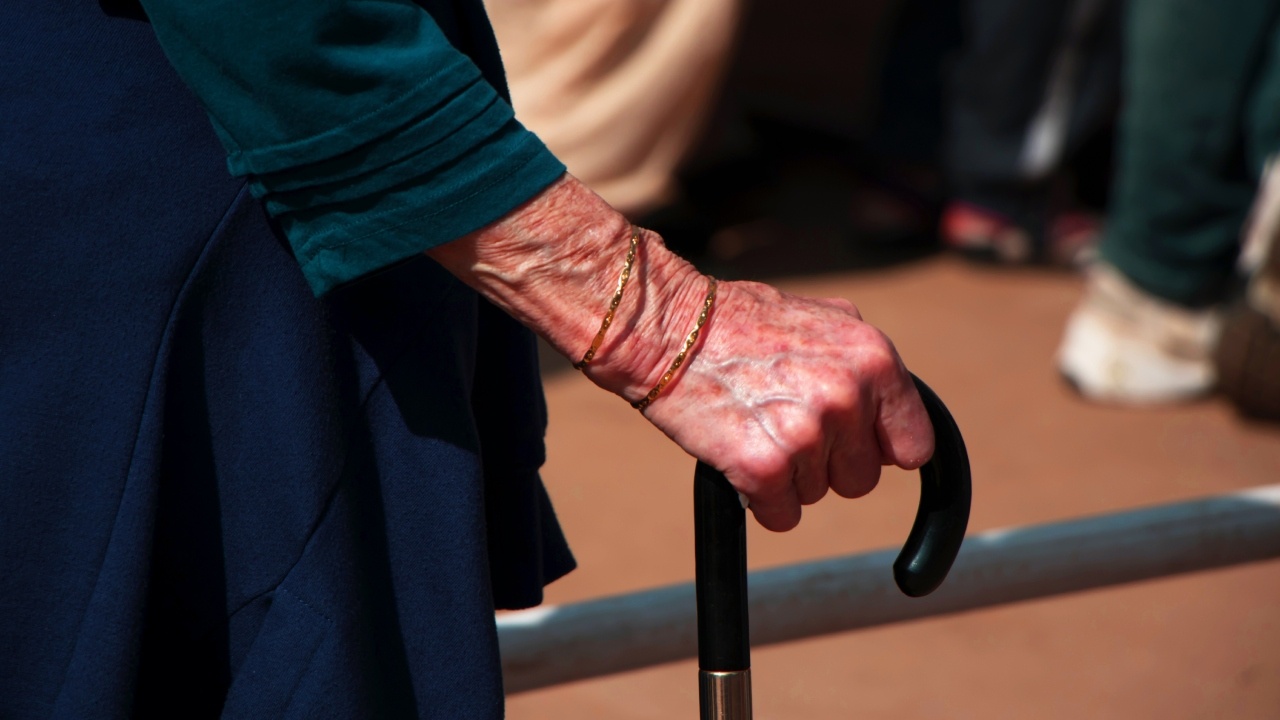
Leave Rules Allow 30 Days of Personal Leave for Elderly Care
Union Minister of State for Personnel Jitendra Singh has clarified that Central government employees are entitled to 30 days of earned leave annually, which can be utilized for personal reasons such as caregiving for elderly parents. This directive was emphasized during a parliamentary session in Rajya Sabha, where Singh addressed concerns about the availability of leave for such responsibilities. The Central Civil Services (Leave) Rules, 1972, form the basis of this policy, granting employees a comprehensive set of leave entitlements. These include 20 days of half pay leave, eight days of casual leave, and two days of restricted holidays, alongside the 30-day earned leave. Singh highlighted that these provisions are designed to accommodate diverse personal needs, including family obligations. The clarification comes amid growing discussions about work-life balance and the importance of elder care in modern society. Employees are now assured that their caregiving responsibilities are recognized within the existing framework of service rules.
Detailed Leave Entitlements Under Central Government Regulations
The 1972 Leave Rules outline a structured approach to employee leave, ensuring flexibility while maintaining administrative efficiency. Earned leave, which accounts for 30 days, is a significant component of this system, allowing employees to take time off for personal or family matters. Half pay leave, offering 20 days of reduced salary, provides financial relief for those requiring extended time away from work. Casual leave, available for eight days, addresses unforeseen personal emergencies, while restricted holidays, two days in total, are allocated for specific institutional needs. These provisions collectively ensure that employees can manage both professional and personal obligations without compromising their career progression. The inclusion of caregiving for elderly parents within this framework underscores the government’s commitment to supporting its workforce in evolving societal contexts. This policy aligns with broader efforts to enhance employee welfare and retention within the public sector.
Parliamentary Context and Employee Rights Discussed
During the Rajya Sabha session, Singh’s response to a parliamentary query about leave for elderly care sparked renewed interest in employee rights. The minister’s written reply detailed the Leave Rules, emphasizing that all leave types are available for any personal reason, including caregiving. This clarification addresses potential ambiguities in the existing regulations, ensuring employees understand their entitlements. The discussion also highlighted the importance of institutionalizing support for caregiving responsibilities, which are increasingly becoming a critical aspect of work-life balance. By explicitly mentioning elderly care within the scope of leave provisions, the government aims to foster a more inclusive and supportive work environment. This move is particularly relevant in a rapidly aging population, where the need for caregiver support is growing. The parliamentary debate reflects a broader societal recognition of the challenges faced by working caregivers and the necessity for institutional support.
Implications for Employee Welfare and Work-Life Balance
The revised interpretation of leave rules has significant implications for employee welfare and work-life balance. By explicitly allowing 30 days of leave for caregiving, the government is acknowledging the financial and emotional burden often associated with elder care. This policy shift is expected to improve employee morale and reduce burnout, particularly among those juggling professional responsibilities with family duties. The inclusion of caregiving in leave entitlements also aligns with global trends toward more flexible work policies, emphasizing the importance of employee well-being. For Central government employees, this clarification provides a clear pathway to manage their caregiving obligations without jeopardizing their careers. The policy also encourages a culture of empathy and support within the workplace, fostering a more inclusive environment. As the workforce becomes increasingly diverse, such provisions are essential in addressing the evolving needs of employees.
Broader Context of Government Employee Benefits
The Leave Rules of 1972 represent a comprehensive framework for managing employee leave, reflecting the government’s commitment to balancing professional and personal responsibilities. These rules are part of a broader set of benefits designed to enhance employee retention and satisfaction. By explicitly addressing caregiving for elderly parents, the government is adapting its policies to meet contemporary challenges. This approach not only supports individual employees but also contributes to societal well-being by ensuring that caregiving responsibilities are recognized and managed effectively. The policy’s emphasis on flexibility and inclusivity aligns with modern workplace trends, positioning the Central government as a forward-thinking employer. As the workforce continues to evolve, such policies will play a crucial role in maintaining a motivated and dedicated public sector workforce.




